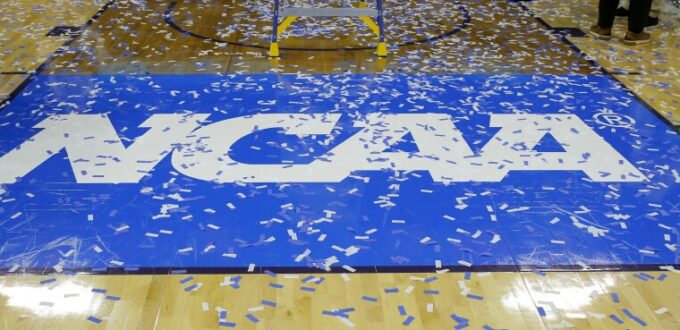College sports is closing out the first year of the name, image and likeness era for athletes.
Since July 1 2021, athletes have been free to earn money from marketing deals on their NIL rights, including through endorsements, appearances, modeling, and hosting camps. One UCLA basketball player even launched his own cryptocurrency. The right of publicity now belongs to collegiate athletes. This comes after decades of strictly enforced rules barring student athletes from receiving any compensation beyond the value of their scholarships.
NIL rights mark an inflection point in both college sports broadly, as well as the decades-long legal battle to allow athletes to share in the billion-dollar collegiate sports industry. But lingering questions remain. Even among those who say athletes deserve to earn money, some say the current NIL state laws and NCAA guidelines aren’t working.
In this first episode of a two-part series, the [Un]Common Law podcast will examine the NIL landscape, some of the cases that led to this new era, the patchwork of state laws, and the legal and policy concerns going forward.
In this episode we speak with:
- Kyle Jahner, an intellectual property reporter for Bloomberg Law.
- Tim Nevius, a sports law attorney who was part of the legal team that brought the Alston vs. NCAA case.
- David McGriff, an attorney who specializes in representing athletes in NIL deals.
Listen here and subscribe to [Un]Common Law on Apple Podcasts, Google Podcasts, Spotify, Megaphone, or Audible.
Do you have feedback on this episode of [Un]Common Law? Give us a call and leave a voicemail at 703-341-3690.

No Comments Yet